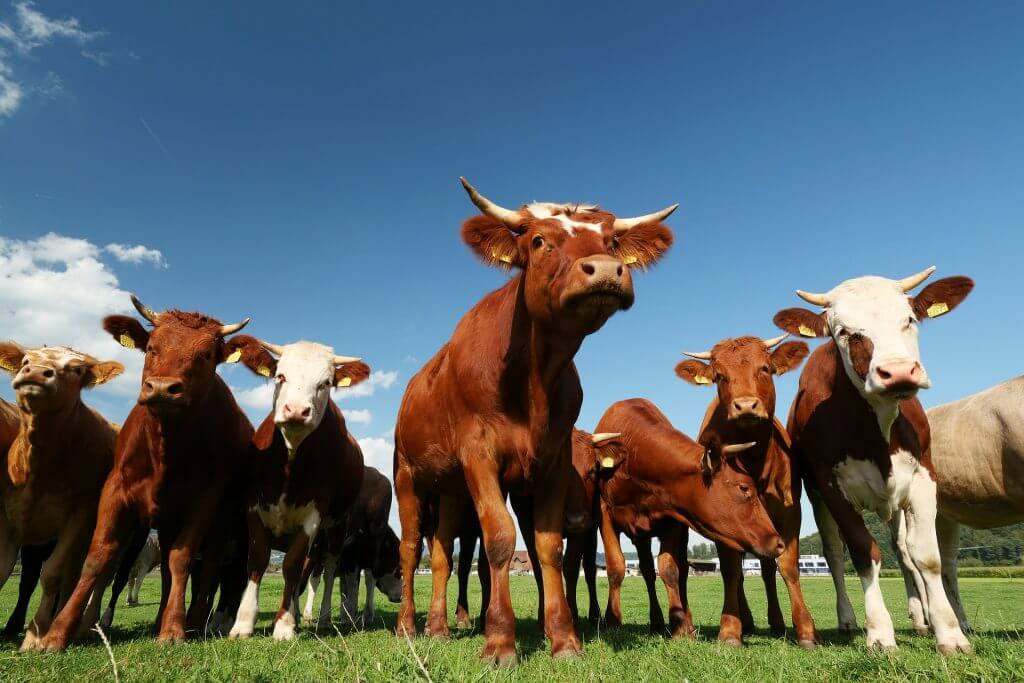Lemongrass-fed cows mean more sustainable burgers, says the fast-food chain – but experts say there’s more work to be done
Whether showing off their burgers going mouldy due to lack of preservatives, making vegan Impossible Whoppers available across the US, or – most recently – using a whimsical, flatulence-focused commercial to tout new low-methane patties, Burger King’s effort to remake itself as the conscious consumer’s fast food of choice is in full swing.
Meat produced from livestock is a significant source of methane emissions and contributor to climate change, and Burger King think they can cut those emissions by changing what the cows are given to eat.
But the latest addition to the environmentally friendly menu might have been announced too soon. Researchers and experts on animal feeding and climate impact say the science is promising, but not yet strong, on Burger King’s feed additive of choice: lemongrass.
“The study, which found 33% reduction in methane emissions, has been completed, but not published,” says University of California at Davis animal science professor Frank Mitloehner. “Why Burger King picked lemongrass, I don’t understand, because there’s some [other livestock feed additives] that have been shown to be effective in reducing methane emissions from ruminants and have been extensively published.”
While the original work cited by Burger King, by Dr Castelán-Ortega at the National Autonomous University of Mexico, showed evidence that feeding lemongrass to cattle could reduce methane emissions from cattle by an average of 33%, a study by Dr Ermias Kebreab at UC Davis to verify those results was inconclusive.
Read the rest here: https://www.theguardian.com/environment/2020/jul/22/less-windy-whoppers-low-methane-burger-king-still-involves-some-hot-air
